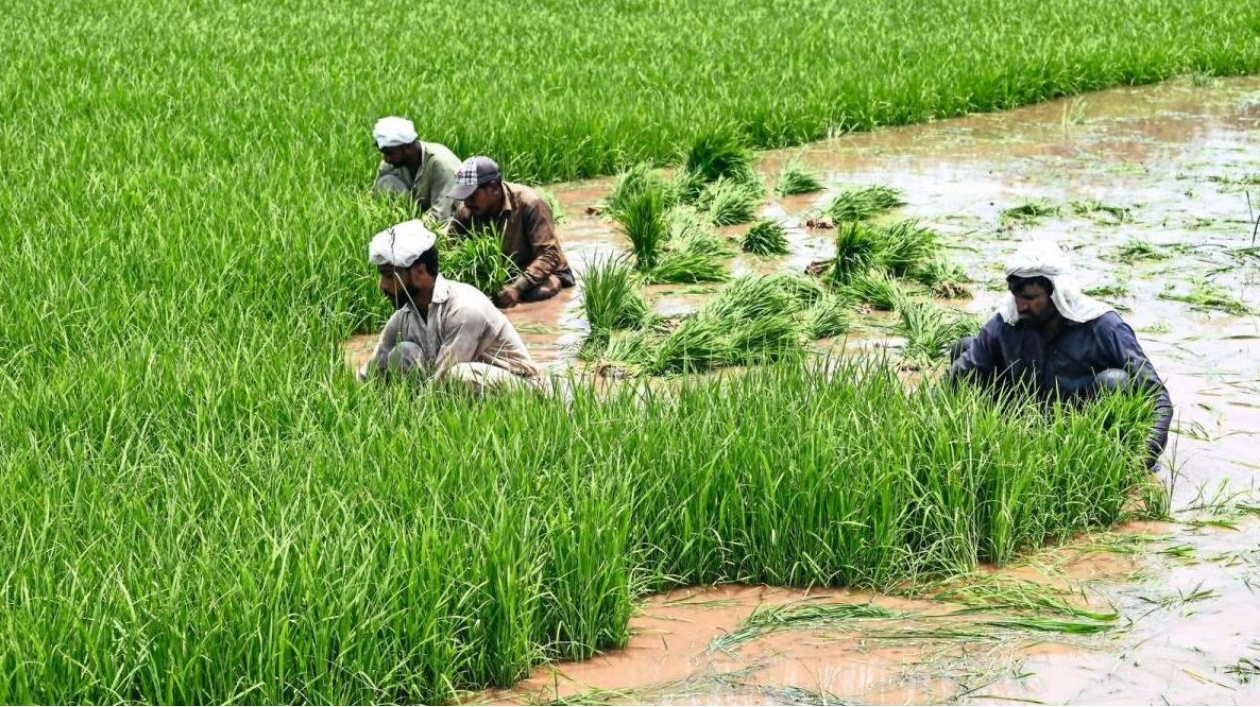Experts believe that Pakistan's economy has demonstrated resilience in the face of challenges and is set to gain momentum in growth following the implementation of economic reforms and the International Monetary Fund's $7 billion Extended Fund Facility program. Economists and analysts highlight that Pakistan has the chance to redefine its economic story and stand as a symbol of resilience and progress on the global stage by focusing on reforms that emphasize transparency, accountability, financial discipline, and the privatization of loss-making state-owned entities. The effectiveness of these reforms is contingent upon political will and institutional capacity, aiming to boost Gross Domestic Product (GDP) growth in the coming years.
The sectors identified as potential drivers of economic growth include agriculture, tourism, value-added exports, and the IT sector, which could collectively accelerate GDP growth to around four percent annually, despite domestic and international challenges. There is a call for reducing interest rates, controlling inflation, and adjusting electricity tariffs to support local industries and the general population. Dr. Ashfaque Hasan Khan, Director General of NUST Institute of Policy Studies, emphasizes the need for political stability to attract foreign investment and revitalize the domestic economy. He suggests that reducing inflation, adjusting electricity tariffs, and lowering interest rates from 19.5 percent to 12 percent are crucial steps.
Samiullah Tariq, Head of Research and Development at Pakistan Kuwait Investment Company, notes that the economy is currently facing a challenging phase but is expected to demonstrate resilience with steady growth in the coming years. He predicts GDP growth between 2.5 percent and three percent for the current financial year 2024-25, with inflation gradually decreasing. International financial institutions like the IMF and the World Bank foresee gradual economic growth for Pakistan, with the IMF projecting a growth rate of 3.5 percent for the next fiscal year.
Leading rating agencies also anticipate a similar growth pattern, with Fitch Ratings predicting an acceleration in economic growth from 2.4 percent in the financial year 2023-24 to 3.2 percent in 2024-25. The BMI research report outlines optimistic views for Pakistan's growth in 2024-25, expecting a recovery in the agriculture sector, a sharp easing of inflation, and stabilization of the exchange rate. However, challenges remain, as highlighted by Dr. Qais Aslam, Professor at UCP Business School, who points out issues such as unproductive factors of production and government intervention in the economy.






